ASEAN leaders, senior officials and experts have voiced their opposition to being compelled to pick sides in the rivalry among major powers.
During the 2024 ASEAN-Australia Special Summit held in Melbourne, Malaysian Prime Minister Anwar Ibrahim said the United States and some of its allies should not preclude Malaysia from being friendly to China.
"We do not have a problem with China," Anwar told a joint news conference where Australian Prime Minister Anthony Albanese was also present.
In a recent interview with the Financial Times, Anwar denounced what he deemed rising "China-phobia" among the U.S. and some of its allies, questioning why Malaysia would "pick a quarrel" with its largest trading partner, in response to U.S. criticisms of Kuala Lumpur's ties with Beijing.
"My reference to China-phobia is because (of) the criticism levied against us for giving additional focus to China," Anwar said at Melbourne's presser.
Anwar stressed his country is "fiercely independent" and does not want to "be dictated by any force". "So, once we remain to be an important friend to the U.S. or Europe and here in Australia, they should not preclude us from being friendly to one of our important neighbors, precisely China," Anwar said.
ASEAN Secretary-General Kao Kim Hourn also told Australian media that the regional bloc will never pick a side in a competition between major countries.
"Whether you call it strategic dynamics, strategic competition or strategic rivalry, all of us would like to see the U.S. and China improve their relations," Kao was quoted by The Australian Financial Review as saying.
"There's always competition there, but how we manage the relationship strategically is very important," he said on the sidelines of the summit, stressing that ASEAN could not take peace and prosperity for granted.
Chen Hong, director of the Australian Studies Center at East China Normal University in Shanghai, emphasized the importance of ASEAN countries adopting a rational approach toward their relations with China and other partners.
"China and ASEAN countries, as close neighbors, share many common interests. China has always pursued mutual respect and benefits in dealing with its ASEAN neighbors. The collaboration between the two sides is free from any political conditions or constraints," he said.
Chen noted the complementarity of the economies of China and ASEAN countries, highlighting the remarkable achievements resulting from the Belt and Road Initiative.
According to the General Administration of Customs of China, the trade volume between China and ASEAN reached $911.7 billion last year, establishing them as each other's largest trading partner for four consecutive years.
"However, the U.S. and its Western allies don't want to see the substantial and sustainable development of the Sino-ASEAN relationship, and they keep trying to divide those countries and wreak havoc on the Asia-Pacific region," he said.
Weaponization criticized
Chen particularly criticized the U.S. for weaponizing countries in the Asia-Pacific region and using them as a pawn to coerce China, through increasing military cooperation, including the trilateral AUKUS alliance, and provoking disputes in the region.
"Faced with these challenges, China has forged sound relations with the ASEAN countries through the principle of amity, sincerity, mutual benefit and inclusiveness and tries to manage disputes in a responsible way through dialogue and consultation, which has been supported by its ASEAN neighbors," he added.
Mussolini Lidasan, director of the Al Qalam Institute at Ateneo de Davao University in the Philippines, expressed a similar sentiment.
"ASEAN nations have traditionally followed a policy of neutrality and nonalignment in major power competition," Lidasan said. "This approach has allowed them to maintain good relations with various countries and avoid being directly drawn into conflicts."








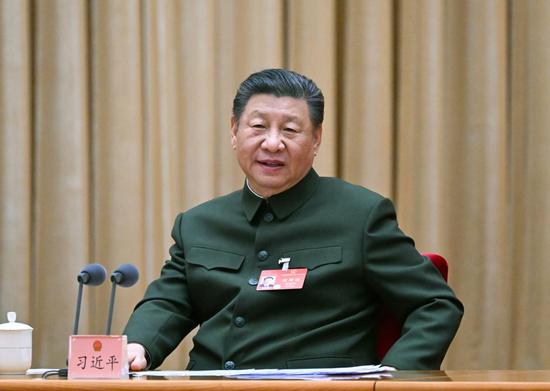
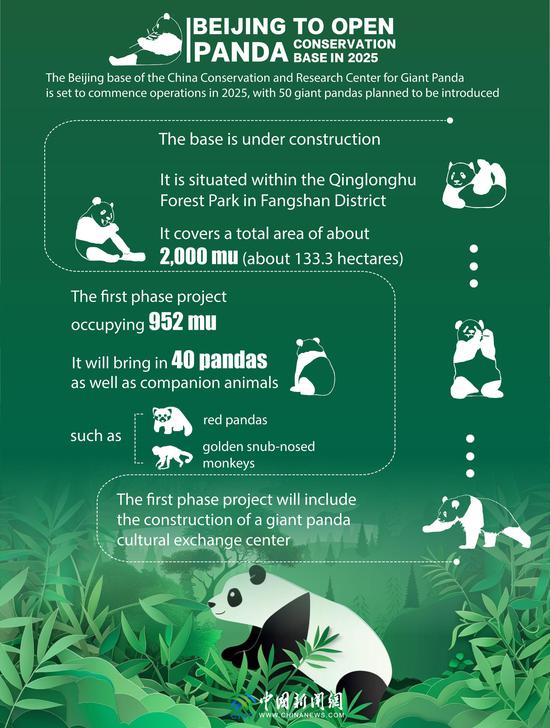
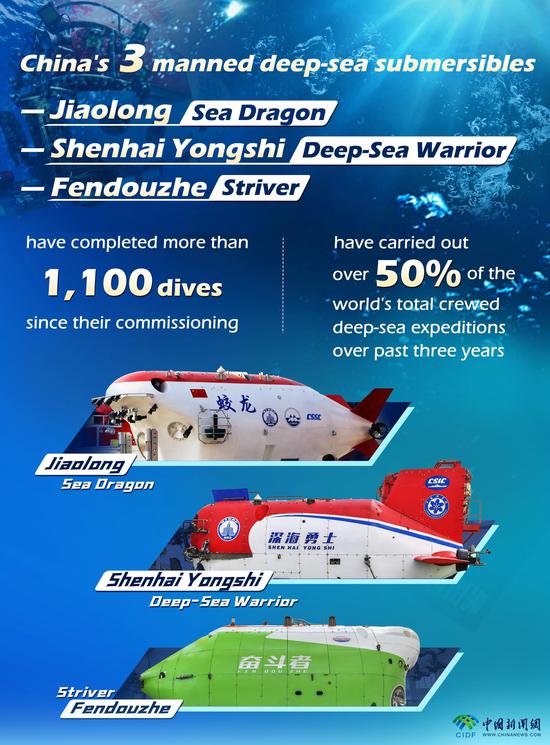
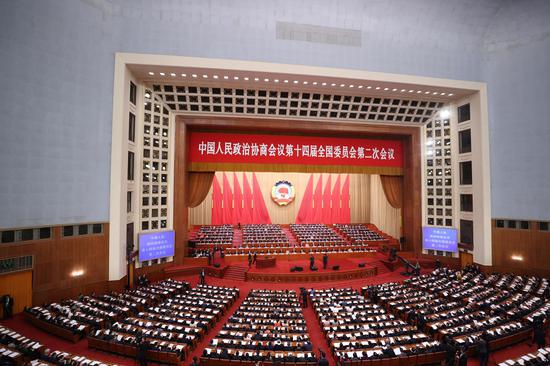
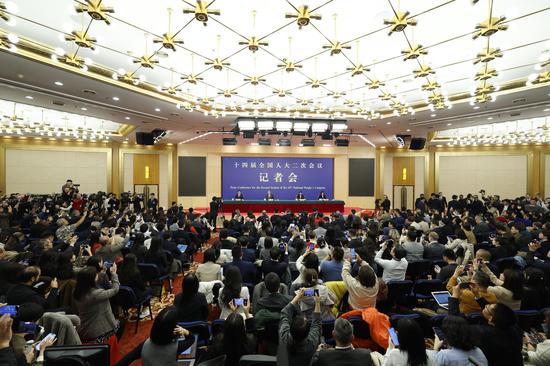

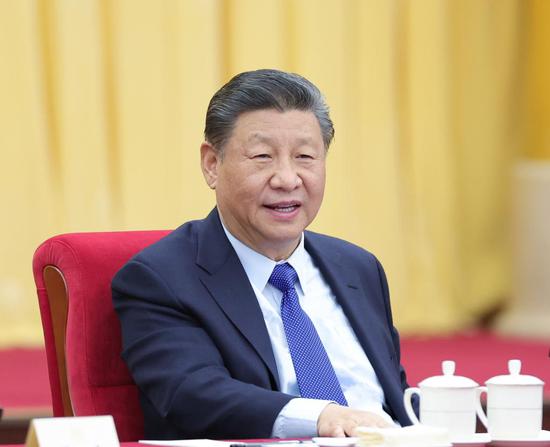
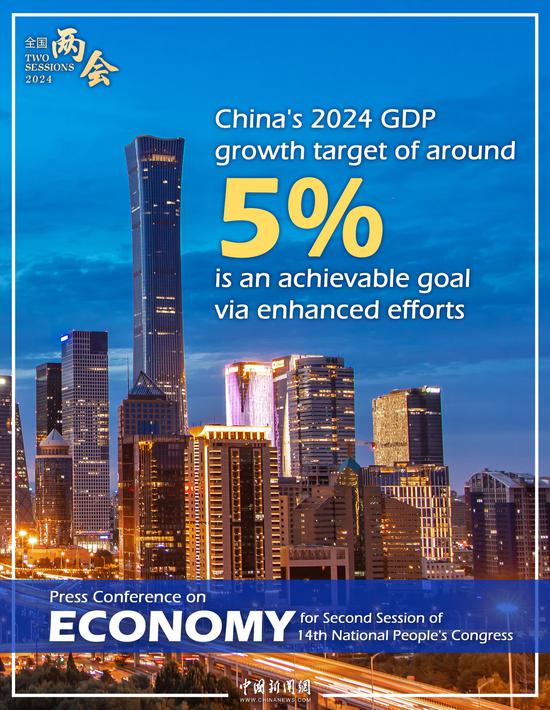
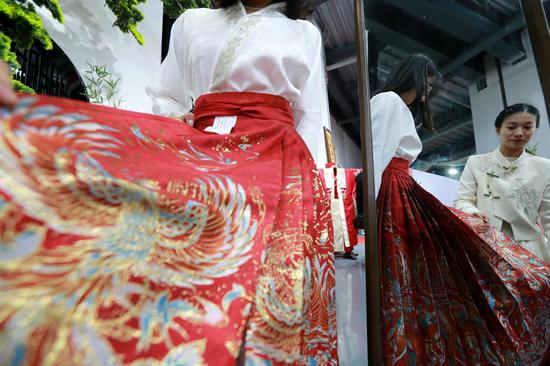


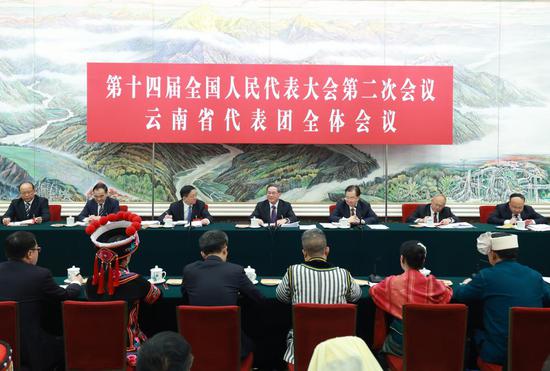

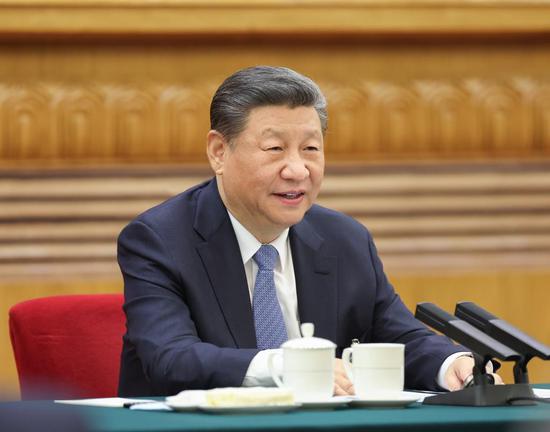

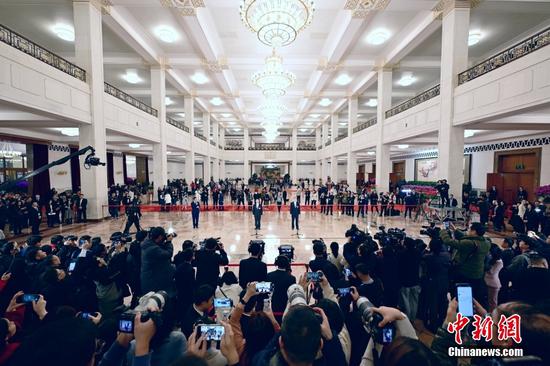
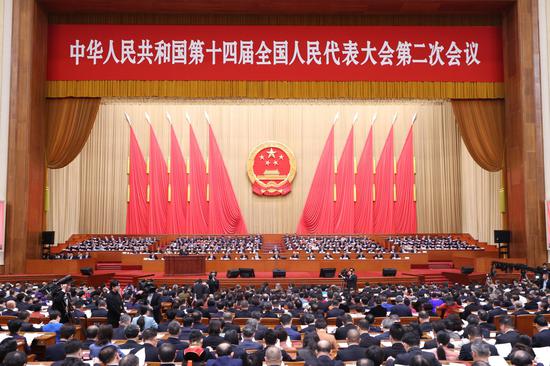

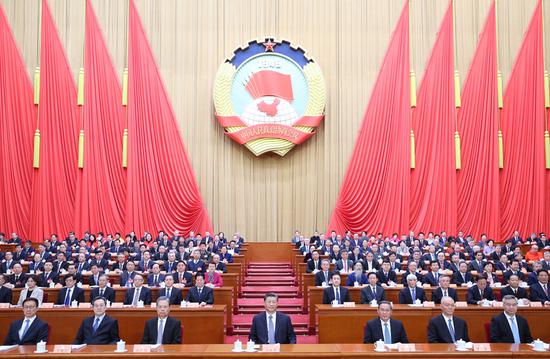
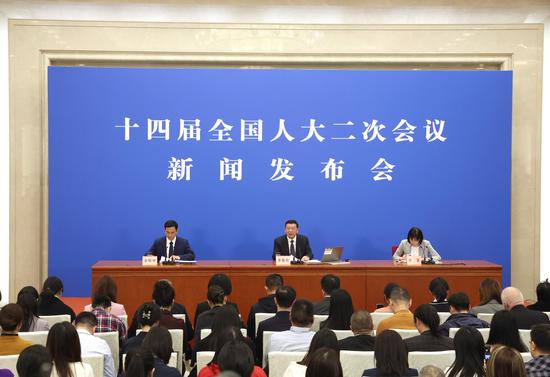
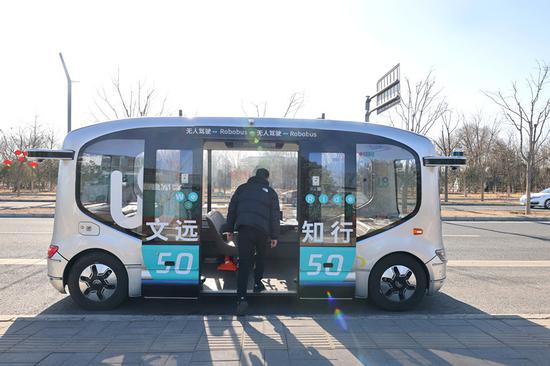



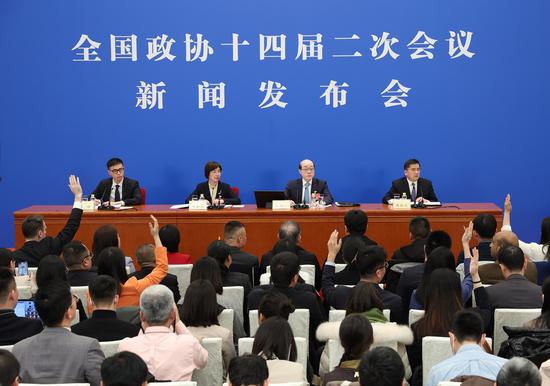


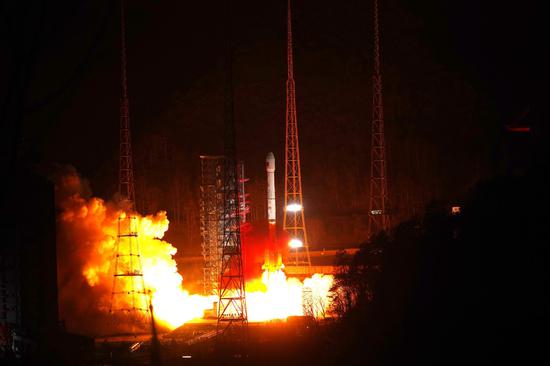
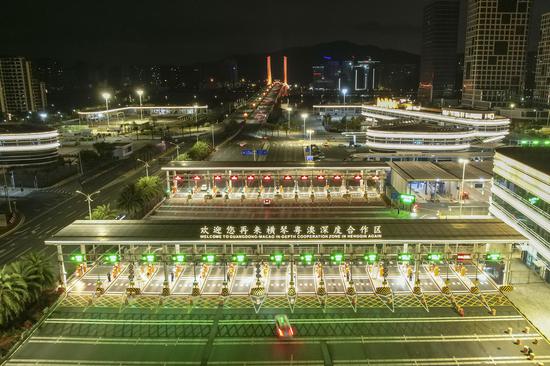
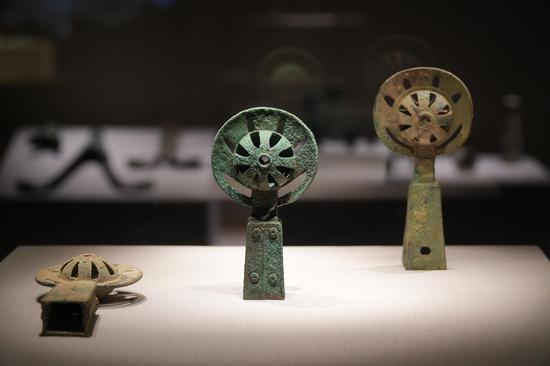






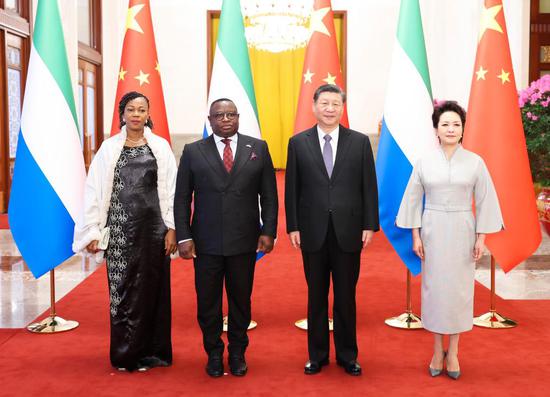





 京公网安备 11010202009201号
京公网安备 11010202009201号